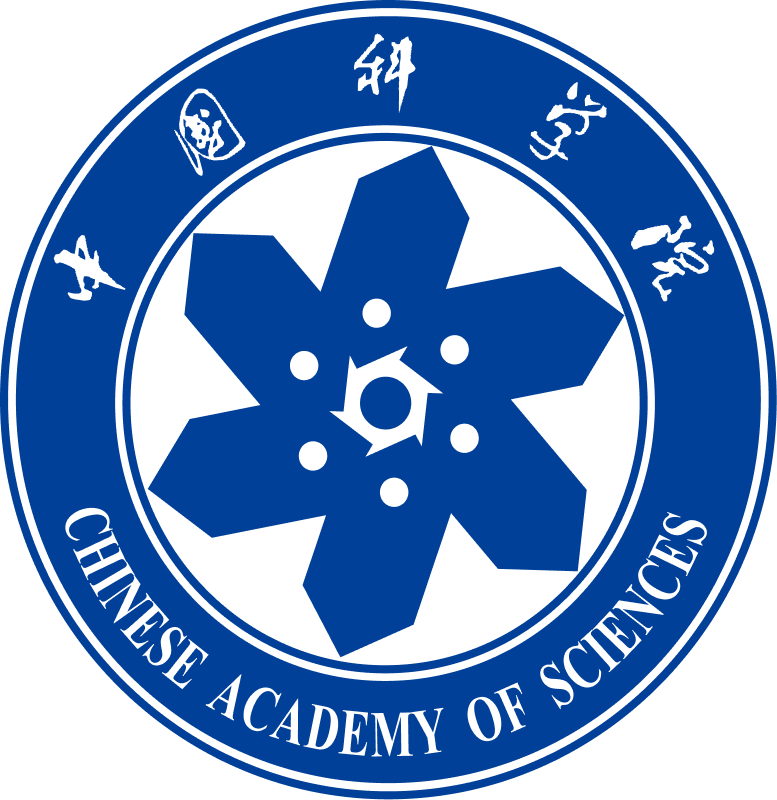Green-energy soft matter
Transforming solar energy with innovative, cost-effective, and flexible solutions for a sustainable future.

Photovoltaic technology, a key part of green energy, is rapidly growing worldwide. This joint research project aimed to advance soft-matter solar cells using novel polymers and organic materials for the active layer, an inorganic composite for carrier extraction, and a flexible nanostructure electrode. The materials and nanostructures offer low-cost, low-temperature, and mechanically flexible properties, adaptable on various substrates. The project focused on synthesising polymer donors, fullerene derivatives, and non-fullerene acceptors for strong light absorption and carrier generation. Low-temperature solution-based metal oxides are developed for the carrier transport layer, while flexible nanostructure electrodes are designed for high conductivity and optical transmission.
Key topics
- Polymer donors and acceptors
- Carrier transport layer
- Flexible nanostructure electrodes
- Low-cost manufacturing techniques
Other projects




Stay in the loop!
Subscribe to keep up with the latest from Croucher Foundation.

